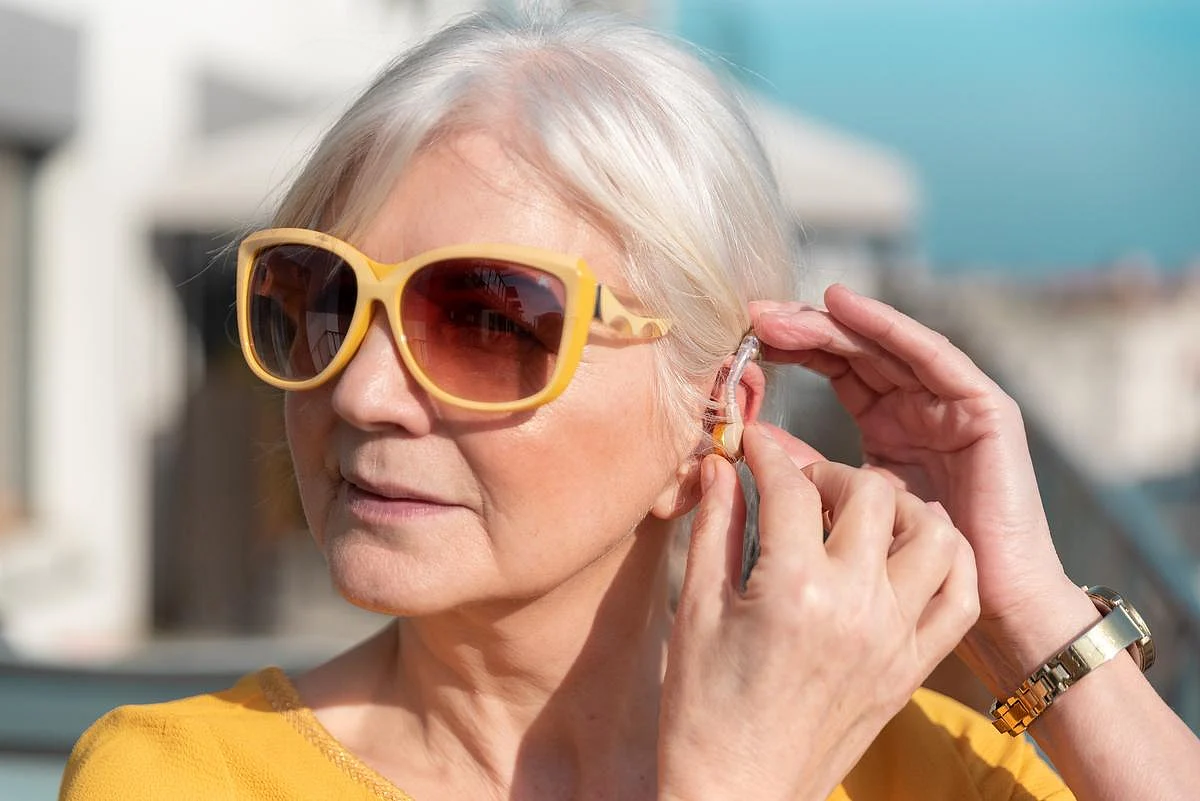Social quality of life improved and perceived social handicap decreased
By Lori Solomon HealthDay Reporter
WEDNESDAY, July 9, 2025 (HealthDay News) — Hearing rehabilitation with hearing aids or cochlear implants is associated with improved social outcomes for older adults with hearing loss, according to a study published online July 3 in JAMA Otolaryngology-Head & Neck Surgery.
Kaitlin Hori, from the University of Southern California, Los Angeles, and colleagues conducted a systematic literature review and meta-analysis to assess the impact of hearing rehabilitation device (hearing aids, cochlear implants, bone conduction hearing aids, and personal sound amplification) use on social outcomes in adults with hearing loss (weighted mean age, 64.1 years).
Based on 35 studies included in the meta-analysis (2,664 participants), the researchers found that both hearing aid and cochlear implant use were associated with higher social quality of life (QoL) scores compared with baseline or control groups (standardized mean differences [SMD], 1.22). There was moderate improvement in social QoL with hearing aid use (SMD, 0.62). For those with moderate to profound hearing loss and limited benefits from hearing aids, cochlear implant use was associated with a larger improvement in social QoL (SMD, 1.37). There was a decrease in perceived social handicap with hearing rehabilitation (SMD, −3.41). For loneliness, the findings from the meta-analysis were inconclusive due to the limited number of studies.
“This suggests that hearing devices may help prevent the social disconnection and broader health consequences that can follow untreated hearing loss,” coauthor Janet Choi, M.D., M.P.H., also from the University of Southern California, said in a statement.
Abstract/Full Text (subscription or payment may be required)
Copyright © 2025 HealthDay. All rights reserved.







